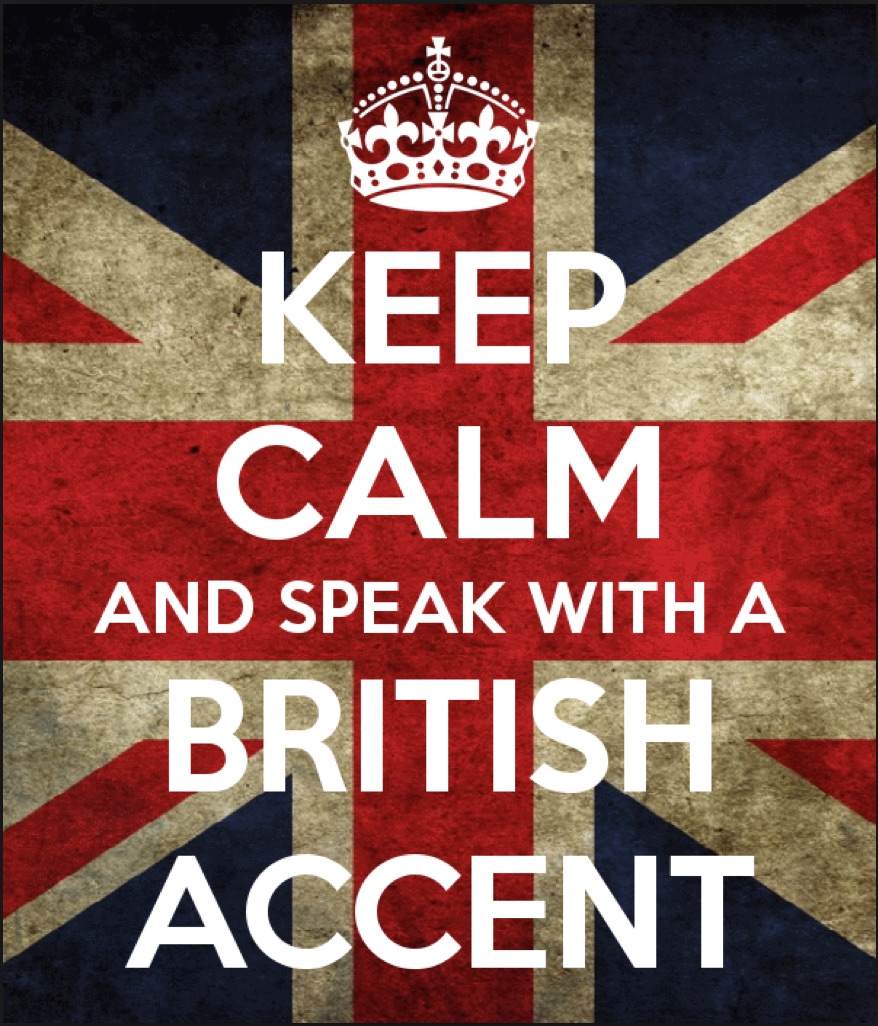
Following decades of one-way cultural osmosis — from the United States to the UK, it seems that the trend may be reversing. Well, at least in the linguistic department. Although it may be a while before “blimey” enters the American lexicon, other words and phrases such as “spot on”, “chat up”, “ginger” to describe hair color, “gormless”
[div class=attrib]From the BBC:[end-div]
There is little that irks British defenders of the English language more than Americanisms, which they see creeping insidiously into newspaper columns and everyday conversation. But bit by bit British English is invading America too.
“Spot on – it’s just ludicrous!” snaps Geoffrey Nunberg, a linguist at the University of California at Berkeley.
“You are just impersonating an Englishman when you say spot on.”
“Will do – I hear that from Americans. That should be put into quarantine,” he adds.
And don’t get him started on the chattering classes – its overtones of a distinctly British class system make him quiver.
But not everyone shares his revulsion at the drip, drip, drip of Britishisms – to use an American term – crossing the Atlantic.
“I enjoy seeing them,” says Ben Yagoda, professor of English at the University of Delaware, and author of the forthcoming book, How to Not Write Bad.
“It’s like a birdwatcher. If I find an American saying one, it makes my day!”
Last year Yagoda set up a blog dedicated to spotting the use of British terms in American English.
So far he has found more than 150 – from cheeky to chat-up via sell-by date, and the long game – an expression which appears to date back to 1856, and comes not from golf or chess, but the card game whist. President Barack Obama has used it in at least one speech.
Yagoda notices changes in pronunciation too – for example his students sometimes use “that sort of London glottal stop”, dropping the T in words like “important” or “Manhattan”.
Kory Stamper, Associate Editor for Merriam-Webster, whose dictionaries are used by many American publishers and news organisations, agrees that more and more British words are entering the American vocabulary.
[div class=attrib]Read the entire article after the jump.[end-div]
[div class=attrib]Image: Ngram graph showing online usage of the phrase “chat up”. Courtesy of Google / BBC.[end-div]

